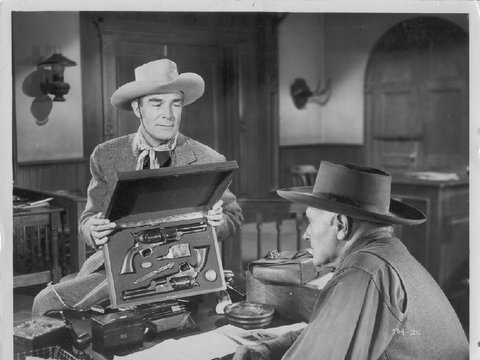Theaters are places full of superstitions
October is a month full of fun. Pumpkin patches, trick or treating, and fall weather all help to make it one of the most iconic times of the year. Halloween, celebrated each year on October 31st, is a favorite holiday of young children and adults alike. Halloween is one of the most celebrated holidays in the United States- but what is it?
The origin of Halloween can be traced back to the ancient Celtic festival of Samhain (pronounced sow-in).
The Celts, a collection of tribes that originated in central Europe, first appeared around 1200 B.C.E. They shared similar traditions, languages, and beliefs with each other. The Celts spread their culture throughout Europe via migration. The Celts celebrated their New Year on November 1st- this day marked the end of the summer season and the beginning of winter. To the Celts, winter was historically cold, dark, and deadly. Because of this, on October 31st, they believed that the separate worlds of the living and the dead meshed, and that the spirits of the past returned to the Earth. Many Celtic groups participated in cultural traditions on October 31st- like burning sacred bonfires, wearing costumes, and fortune-telling.
Although the origins of Halloween can be traced back many years, the holiday is still very prominent in many countries.
Modern-day spooky season is the perfect time to have fun and get creative. Costume creation, makeup, storytelling, and more- many of the popular Halloween traditions in the United States can be related to the performing arts. Some of the skills acquired while celebrating Halloween can be directly used in theatre!
A superstition is a notion believed despite evidence to the contrary.
A superstition is a belief or practice resulting from the fear of the unknown, or trust in magic and chance. Some common Halloween superstitions include:- A black cat crossing your path is bad luck.- A full moon means that magic is at its most powerful.- The number 13 is unlucky. Theatre is also full of superstitious traditions. Many actors, technical producers and theatre-goers believe in these common superstitions. “Break a Leg” vs “Good Luck.” In theatre, it is generally considered bad luck to wish someone good luck confusing, right? There are many theories as to how this superstition began, but it’s common practice to refrain from telling someone involved in a show “good luck” before they begin. Instead, many folks will use the phrase “break a leg” to express their hopes for a great performance. The Ghost Light “One should always leave a light burning in an empty theater.” A ghost light is an electric-powered light that is kept on in a theater while the stage is not being utilized and would otherwise be completely dark. Ghosts are said to haunt many theaters and this is meant to appease the mischievous spirits that may otherwise cause trouble in the empty space. Although this is a superstition, many theaters do participate in this practical tradition. A theater is a busy, sometimes cluttered place- and a constant light helps to keep people from being injured in the dark!
The Scottish Play Saying the word “Macbeth” in a theater is often believed by many theatre practicers to bring bad luck. Many theatre artists will refer to the famous Shakespeare piece as “The Scottish Play” while in the theater- but why? The word is said to bring bad luck due to Shakespeare’s use of “authentic spells” in the magic-driven story. There are many tales of accidents and incidents that have taken place while this piece has been performed. To avoid a curse, actors often only use the word while rehearsing or performing the play. Although many people do follow this superstition, many people believe that a 400-year-old play is bound to have had some accidents happen during its run.






